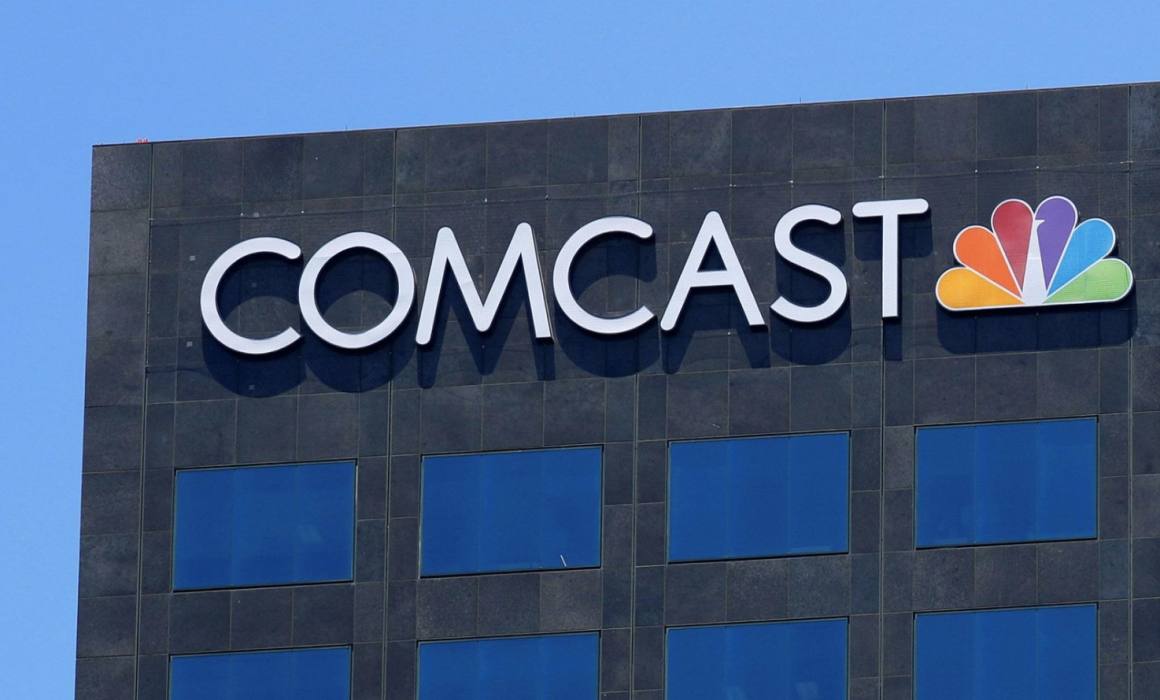The American Prospect: Remote Control
By Matt Stoller

The American Prospect
In October, hip-hop artist Curtis James Jackson III, better known as 50 Cent, went after a rival mogul on Instagram. His target wasn’t a fellow artist, but Brian Roberts, the billionaire CEO of Comcast, the nation’s largest cable company. Comcast had just announced it was kicking 50 Cent’s show Power off the cable giant’s system. “This is the guy fu**ing up (Power) over at @Comcast,” 50 Cent wrote, showing a picture of a grinning Roberts wearing a wrinkled golf shirt.
A few weeks later, Sean “Diddy” Combs joined the pile-on, despite having worked with Comcast for distribution of his now-defunct cable channel, Revolt TV. “Comcast spends billions of dollars on content networks every year,” Combs wrote in a statement, “but just a few million go to African American owned networks.” Combs was soon joined by Latino Hollywood director Robert Rodriguez, owner of the El Rey network, as well as a black former Comcast employee turned programming entrepreneur named Paula Madison, who runs The Africa Channel.
The ringleader of this revolt is Byron Allen, a black comedian turned media entrepreneur who has pursued a multiyear, $20 billion lawsuit against Comcast for racial discrimination and refusing to negotiate in good faith with minority owners. Allen’s empire is more eclectic and diverse than his allies’; it includes The Weather Channel, among other properties. Allen is using a specific law to challenge Comcast’s behavior, the Civil Rights Act of 1866, America’s oldest civil rights statute, which guarantees all citizens the right to make and enforce contracts. In response, in a case recently argued before the Supreme Court, Comcast worked with the Trump administration to weaken interpretation of the law.
The issue for all of these players is the same. Comcast is the only on-ramp for pay-TV content to more than 20 million households, many of them African American and Latino. It spends tens of billions of dollars to acquire or make this content. Yet virtually none of that money goes to black-owned media channels. Comcast, in other words, is a monopoly, and it uses its monopoly power to harm black and brown media owners.
Over the last ten years, the problem of monopoly has changed from a niche concern of academics and scribblers to a mainstream political issue. There is for the first time in 40 years a genuine ideological contest about the political importance of market control, and now black entertainment moguls are getting in on the fight.
But for black businesspeople, concentrated corporate power in media is especially charged. Media is a special industry, as the stories we tell ourselves shape the imagery and iconography of who we are. Concentrated media ownership places the means to shape that imagery of black Americans into the hands of white financiers. But in addition, for black Americans, monopoly power combines with lack of capital as twin barriers to economic inclusion. Even if media markets were open to all comers, blacks have less access to bank financing. And because of this lack of capital and a highly concentrated corporate system, black politics has become intimately tied, and in many cases dependent, on the very monopolies oppressing black communities and business leaders.
Allen’s case and the associated battles with Comcast touch on every third rail in American politics: dominance of corporate monopolies, Donald Trump’s racism, Barack Obama’s failures, and even the failure of Reconstruction to make black America whole with “40 acres and a mule.”
It is the story of black businessmen and the oppressiveness of corporate power, in microcosm.